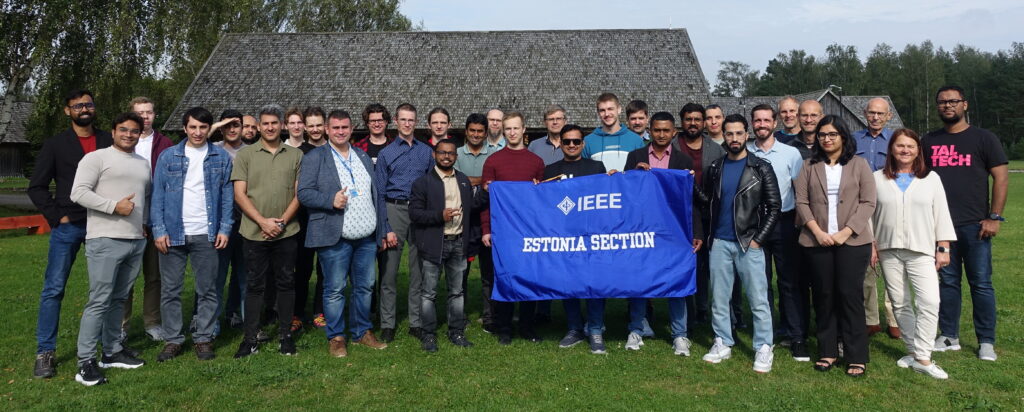Upcoming Events
News
IEEE Estonia Section technical sponsor of CyCon 2014
IEEE Estonia Section will be technical sponsor of annual NATO Cooperative Cyber Defence Centre of Excellence conference on 3-6 June 2014 in Tallinn, Estonia. It is not the first time our section is taking this role in CyCon.
MOU between parties was signed on October 22th, 2013.
Conference web: www.ccdcoe.org
IEEExtreme 7.0 preliminary results
IEEExtreme 7.0 is over. Estonian teams did well; three best were inside the first hundred:
TeddyBears – 76th, TTU004 – 81th, 1Billion1 – 89th place.
Average number of points 865,396 for all 10 teams (unfortunately, there is no such assessment category), but it looks great!
Congratulations!
More at HackerRank
Kalle Tammemäe
Chair
IEEExtreme 7.0 – Estonia is going large
10 teams from Estonia are preparing and going to pursue places in top 20 of IEEExtreme 7.0 on 26th of October 2013 at 00:00:00 UTC (3:00 in Estonia):
Tallinn University of Technology
- 5 teams: Sauber, bitpigs, TTU004, Teddy Bears, Lobster Polonium
University of Tartu
- 4 teams: Left2Code, Kvart, YMCsharp, Adamas
Estonian IT College
- 1 team: 1Billion
K. Tammemäe,
Estonia Section, Chair
Augustiseminar, Toosikannu puhkekeskus, 19-20.08.2013
Traditsioonilise kokkusaamise seekordseks toimumiskohaks on Toosikannu puhkekeskus.
Ootame kõiki IEEE Eesti sektsiooni liikmeid üritusest aktiivselt osa võtma ja ettekannetega esinema !
Registreerumine : http://isc.dcc.ttu.ee/ieee/ws/ws2013.asp
Seminari ajakava (uuendatud 12.08.2013) : http://isc.dcc.ttu.ee/ieee/ws/WS2013/ChapterWorkshop2013.asp#TIME TABLE


